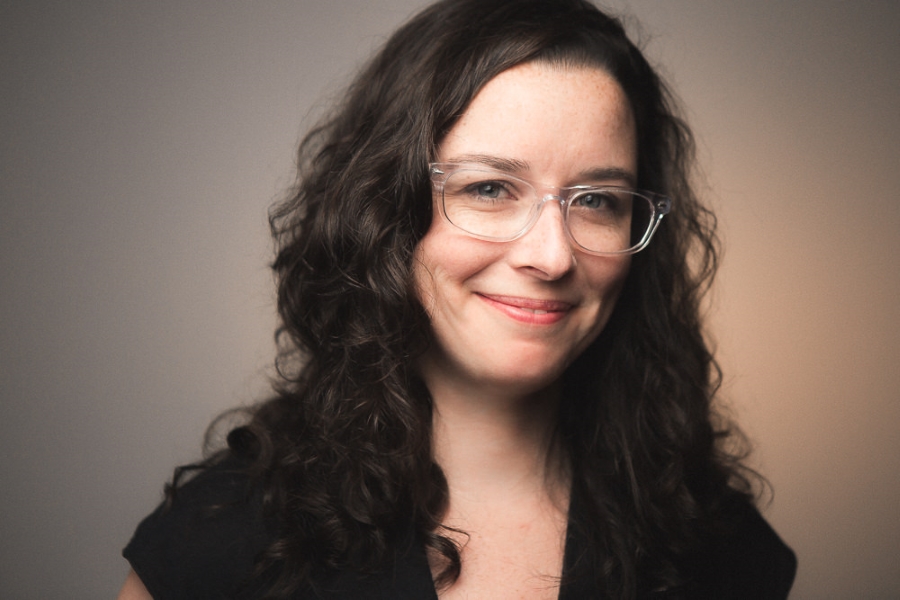ADDISON, TEXAS: WaterTower Theatre (WTT) has announced that artistic director Joanie Schultz is leaving the company on Dec. 31, 2018. Schultz tendered her resignation of Oct. 23; she had led the company for just two years.
Said Schultz in a statement, “In my two years as artistic director, we have developed award-winning world premieres, produced regional premieres, and presented work that highlights voices of women, people of color, and Texas natives. WaterTower is a theatre with robust community support and is full of promise, and I have decided at this time it is best that I step aside so that the board can reorganize in a way that is best for WTT’s future.”
The abruptness of Schultz’s departure has raised some questions in the community (see below). Formerly a Chicago resident, she moved to Texas in January 2017 for the job leading the $1.7-million theatre. Her predecessor at WaterTower, Terry Martin, had led the organization for 17 years. The theatre’s managing director, Nicholas Even, who was hired during Schultz’s tenure, abruptly resigned in July. No reason was given by Schultz or the board as to the reasons for her departure, though the local Dallas Morning News notes that Schultz’s programming was “not always as well-received by longtime patrons of the company.”
Schultz had recently wrapped up her first full season as artistic director and she just adapted and directed A Doll’s House at the company, which serves audiences in the North Texas area.
UPDATE: AT editor Rob Weinert-Kendt spoke to Schultz after we published this piece, and she had more to say about her short tenure at WaterTower.
“It’s been a little while coming,” she said of her departure, ascribing her move to “structural issues with the company. They used to have a producing artistic director, and then they switched to a bifurcated model. I was their first artistic director, and they went through two managing directors in my time. So there are some fundamental organization issues, and I actually think my stepping aside will help them sort them out.”
Those struggles included some financial challenges, though Schultz stresses that “we sold 100 percent of our ticket goals last season.” She said she was “brought in to create a new direction and bring in more diverse, younger audiences, but that sort of transition needs a lot of support. If everything is not in the right place, that’s hard to accomplish.”
The Dallas Morning News story alluded to some controversy over the theatre’s staging of Rob Askins’s irreverent Hand to God in August, reporting that longtime donors the Canterbury family withdrew their support, and their name, from the theatre’s mainstage; the theatre was renamed the Terry Martin Main Stage, after its founding artistic director, in October.
“There definitely was attrition,” Schultz conceded. “It’s funny, with Hand to God, some people told me it was the best thing people they’d seen in the Dallas Forth Worth area however many years, that the production was better than the one on Broadway. It also really upset some people; I kind of knew that it would. At the end of my first season, there were some people who were just like: This is not for me anymore. That’s a hard moment, but that’s part of the process of change. I do hope the theatre keeps pushing forward with that vision—they were smart to have it. There’s a real hunger for this kind of work. But you have walk a line where you don’t make everybody angry. There were plenty of people who enjoyed being challenged.”
While Schultz wishes the best for WaterTower, what’s next for her? She said that her husband, an opera conductor, has work in Dallas that will keep her there for a while; she has a job directing a world premiere next spring at Kansas City Rep, and plans to put out feelers for freelance work. What about for another leadership gig? Does she want to step back into the helm of a theatre after her WaterTower experience?
“I do, I really do,” Schultz said. “I maybe sound crazy saying that. But I felt like I was doing something important and good. I’d never been producer of my work, and in many ways this was all the things I wanted it to be. Sometimes as freelancer, you direct a play and then you’re all, ‘Bye,’ and on to the next. I was having a deeper relationship with an audience, and that can be a complicated thing. But I felt we were doing something important. And I feel like I’ve learned a ton here; there’s so much that I know right now. I hope I have a chance to use it somewhere.”


